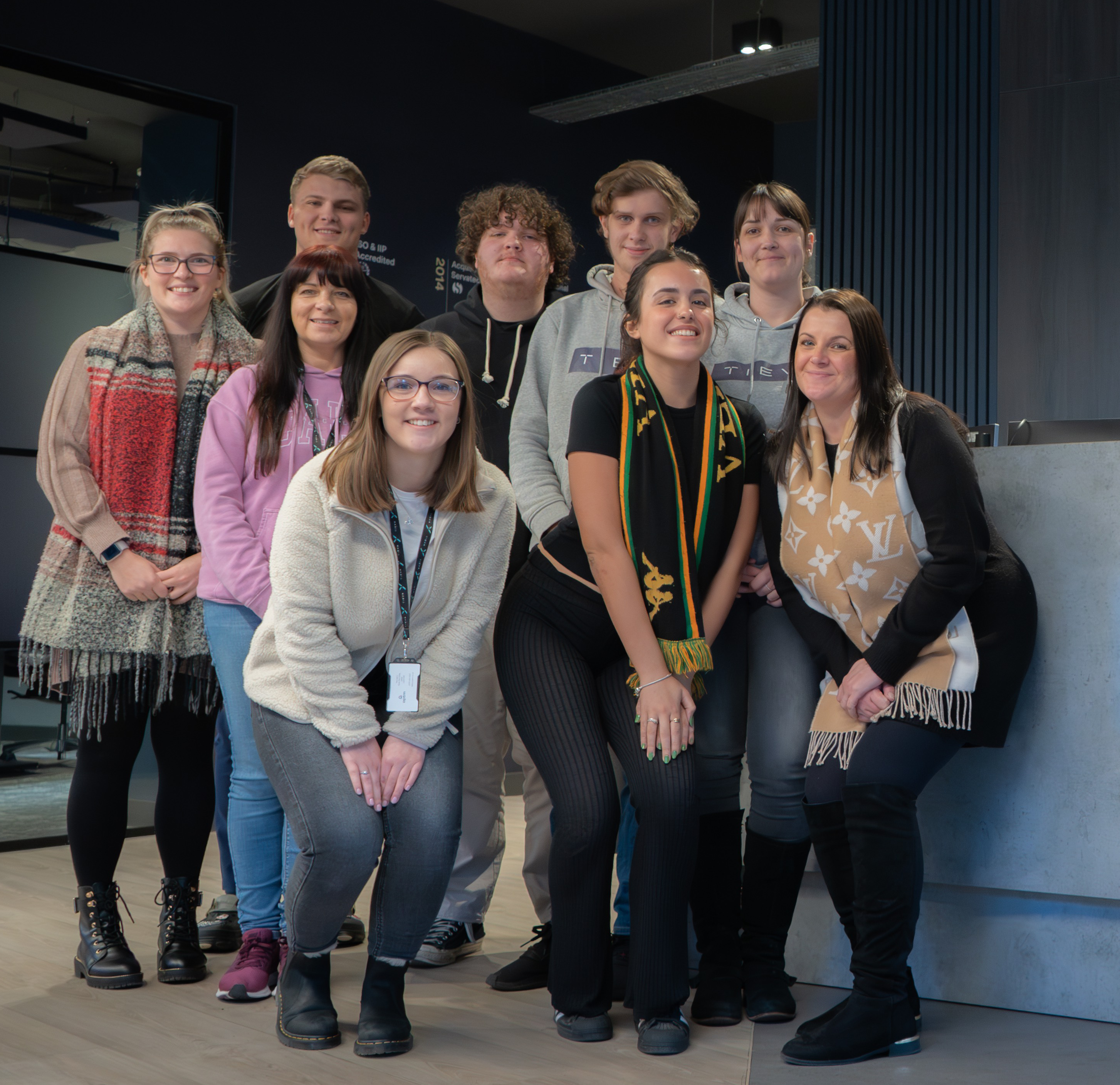WHAT ARE T LEVELS?
"T LEVELS AREN'T LIKE BEING IN THE INDUSTRY - YOU ARE IN THE INDUSTRY!"
Our classrooms feel just like you’re on placement - students tell us that they feel independent, and are keen to explore their interests within the computing sector. For many of our students this is their stepping stone into the workplace.”
Oliver, T Level Programming tutor

T LEVELS 16-19
T Levels are a 2-year qualification, that have been designed alongside employers to help fill skills gaps in the UK.
They are equivalent to 3 A-levels, but rather than selecting three A-Level subjects, with T Levels you just pick one - for the sector or career you want to go into.
As well as learning up-to-date skills in that area, all T Levels come with a work placement of at least 45 days, and more on some courses.
This means students get to work in an organisation in the sector of their choice, and employers get to know bright students who want to go into their sector - benefitting students and employers.
T LEVEL HIGHLIGHTS
T LEVEL NEWS
